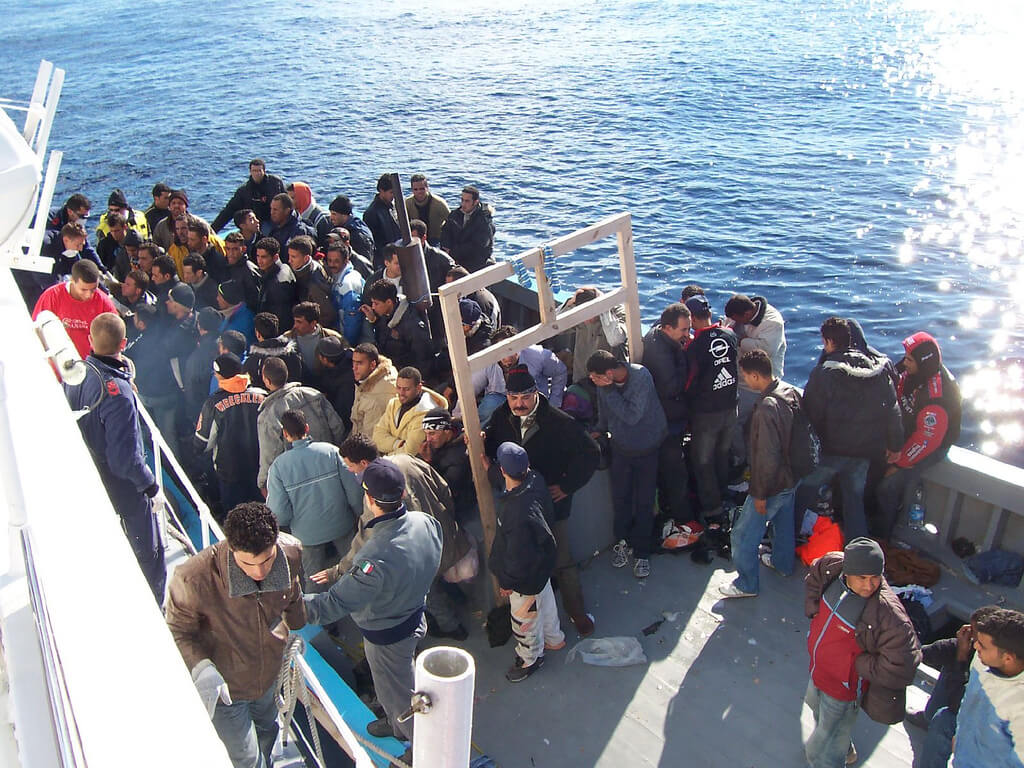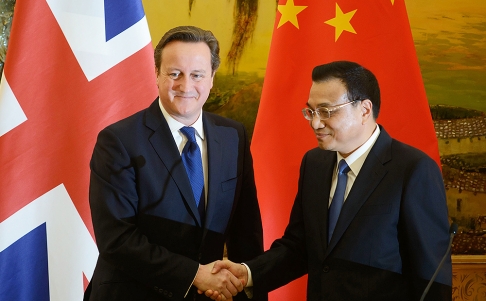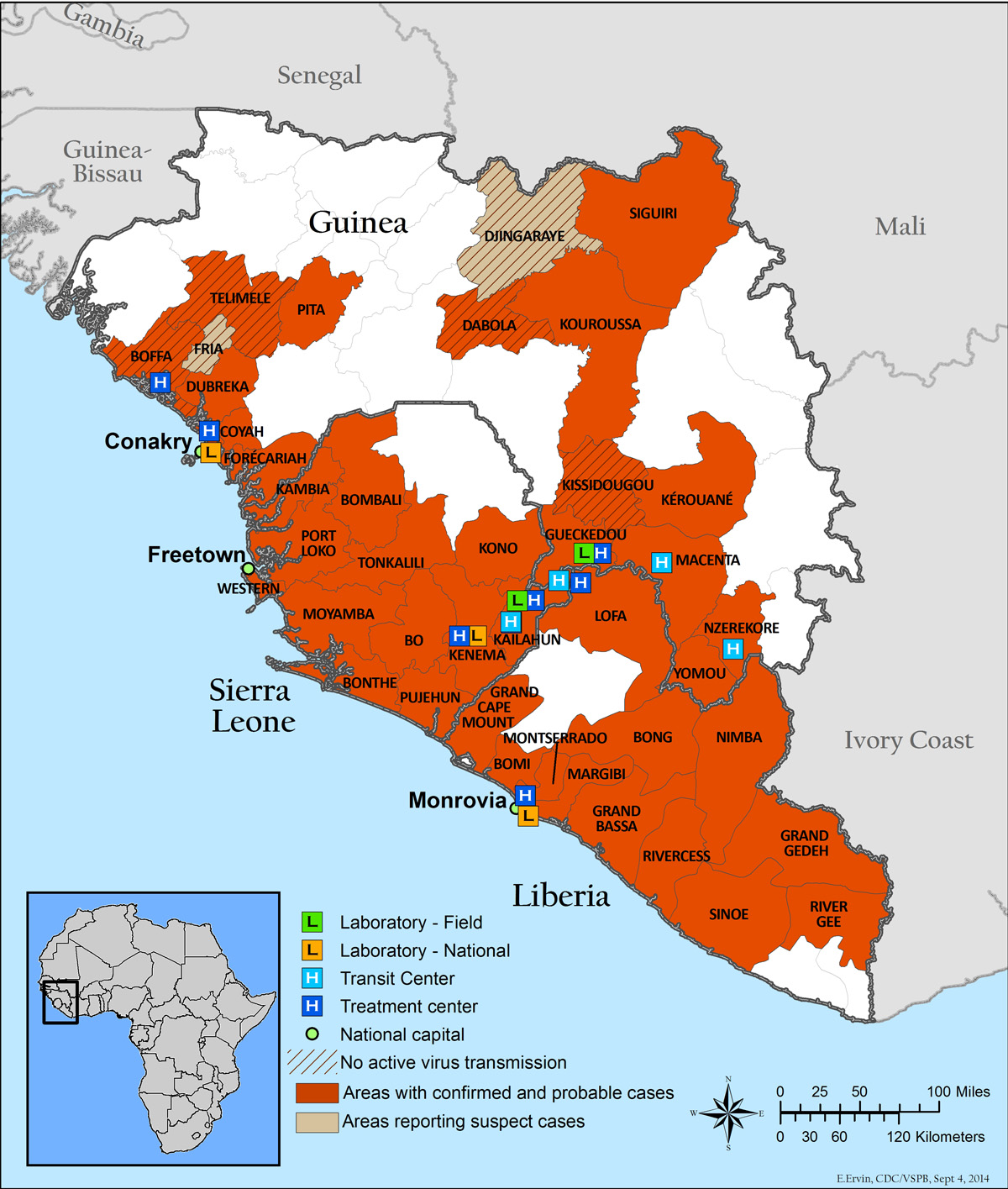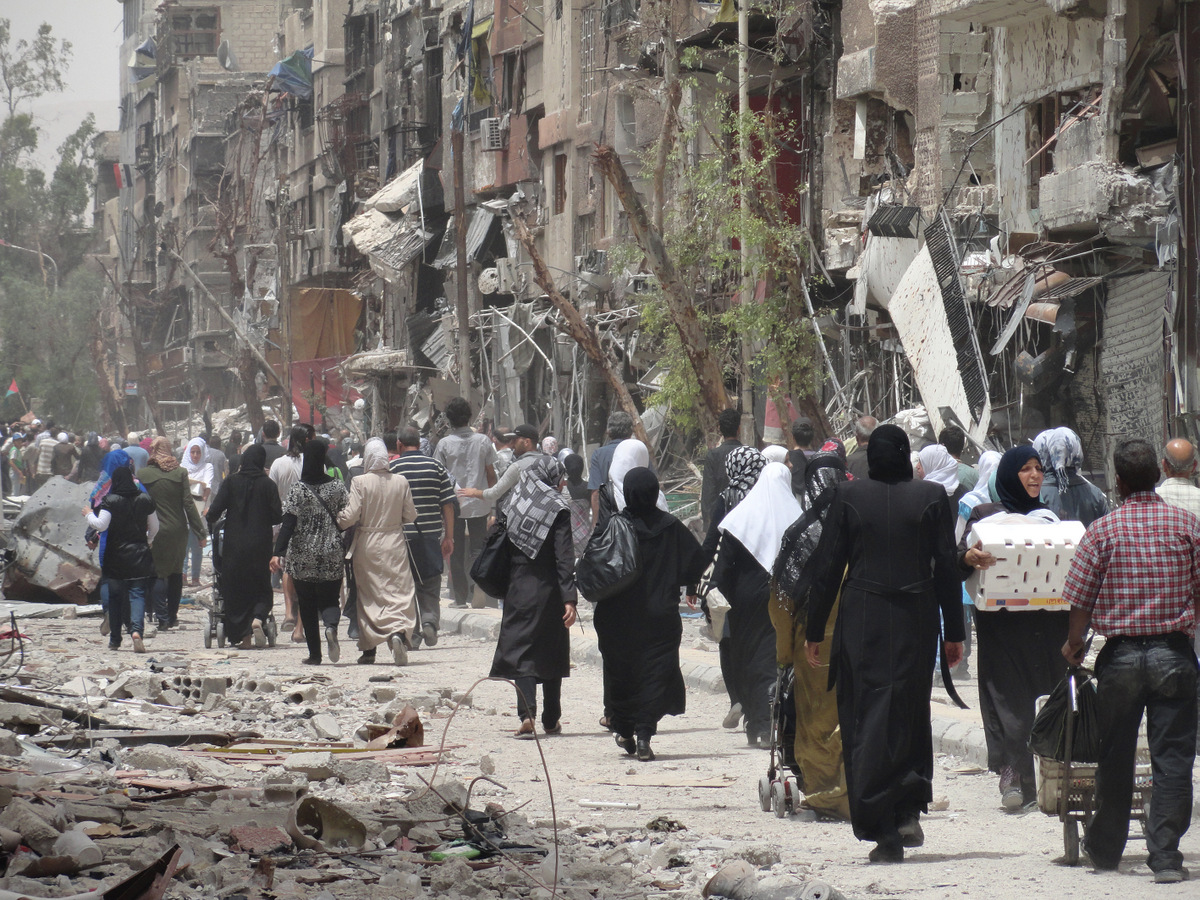No matter which news outlet you check, one thing is certain, the refugee crisis makes the front page. This crisis is not just a refugee problem it is also a global problem. What shook the world last week was a simple and horrific photo of a toddler, Aylan Kurdi. It shocked the world and many institutions to push for their leaders to welcome more refugees. Mayor of Toronto, John Tory, is an example of this push. This crisis now includes all nations. It is not a political question anymore – it is one of morality and responsibility.
The influx of refugees to EU states is large, and one can even argue, chaotic. Last week, Hungary was the face of the European struggle in dealing with refugees. On September 1, hundreds of refugees were stranded at the Keleti train station in Budapest. While they were eventually transported to Germany, the number of refugees entering Europe continues to overwhelm Italy, Greece and other southern European states. Over the past week, Greece saw an influx of approximately 23,000 refugees and that number is not decreasing. Over time, this inflow of refugees will be difficult to manage, and properly document. It would not be a surprise if an ISIS member slipped through the cracks. However, this does not mean that refugees should not be welcomed. It means that we need to do a better job of management.
Therefore, there is a logistical and strategic issue that needs to be addressed.
Documenting, accommodating and securing safe havens for refugees will become increasingly more difficult for Europe. The UN is responsible for screening and documenting refugees, and if it is unable to cope it should call on other agencies such as EU and NATO to help in whichever way best fits their institution’s mandate.
The international community has a responsibility to support one another. The UN has failed to address the refugee crisis. While we may blame the West for Aylan Kurdi’s death, we forget the logistical problems. The UN did not register Kurdi’s family as refugees, the Turkish government did not give them an exit visa. Consequently, Canada was unable to grant them asylum. We need to deal with the root cause and we need to do this simultaneously as we deal with the influx of refugees.
If we are going to let refugees into Canada, Europe, the United States etc., we must ensure they have homes to go back to. Additionally, we much push nations such as Turkey and the Gulf States to uphold a humanitarian responsibility let these refugees in and properly document them. The Gulf states (Saudi Arabia, Bahrain, Kuwait, Qatar, Oman, and the UAE) have kept their borders shut and have failed to let any refugees in, The Gulf States claim that they have let in about 500,000 Syrians (a very number when compared to the millions of refugees) and, most of these are migrant workers. There is no policy to have refugees in the states without a work permit or sponsors. They also have a fear of political instability with the arrival of refugees. Additionally, there is a threat of Assad loyalists infiltrating the state and wreaking havoc. These refugees have no monetary value, are not bringing employment and have no return date. However the issue is now to root out the stem of the problem and to ensure that these refugees are not permanent – that they will have a home to return to, which the international community must fight for. The Gulf Cooperation Council, in the meantime must allow and accommodate refugees as the rest of the world.
These are real people with real problems. We need to remember what started this war, we need to remember the people that fund this war and cause the callous destruction of the homes of so many innocent human beings. ISIS and the Assad regime need to be remembered as the root causes and the fuel to the fire of this refugee exodus. While we effectively welcome refugees onto our soil, international institutions such as the UN, EU, NATO etc. must do more to make sure Syria can be secured so they may return to their homes – safely.




